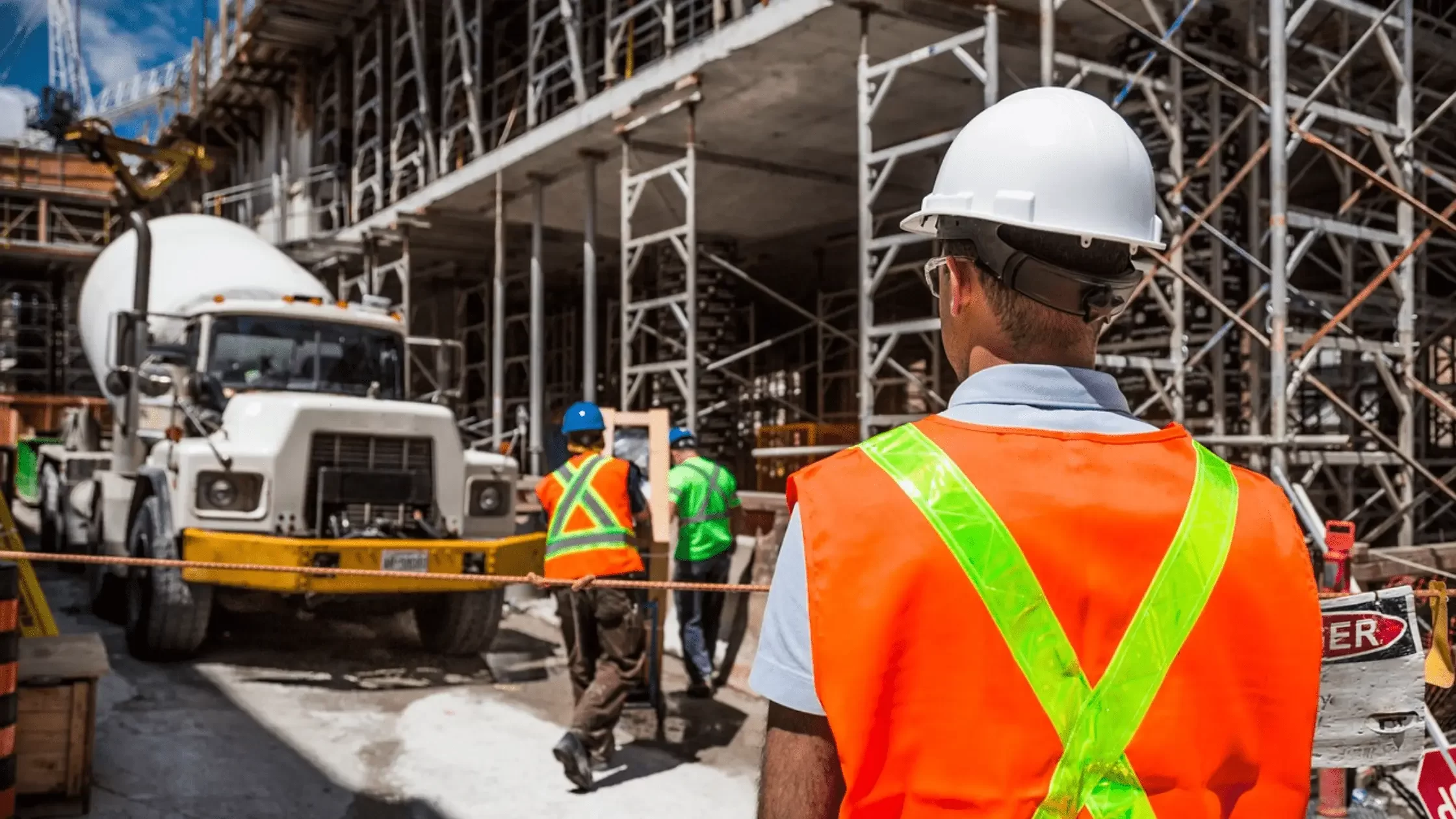The Role of Procurement in the Supply Chain
Procurement plays a vital role in the supply chain, ensuring that businesses acquire the goods and services they need to operate efficiently and effectively. It involves selecting suppliers, negotiating contracts, purchasing goods, and managing relationships to ensure the smooth flow of materials. In this blog post, we will explore the various facets of procurement, with a focus on construction material procurement, the role of material suppliers, and how procurement impacts the overall supply chain.
Table of Contents
- Introduction to Procurement
- The Importance of Procurement in the Supply Chain
- Key Functions of Procurement
- Construction Material Procurement
- Choosing the Right Material Supplier
- Procurement Strategies
- Challenges in Procurement
- The Future of Procurement
- Conclusion
Introduction to Procurement
Procurement is the process of acquiring goods, services, or works from an external source. It involves finding the right suppliers, negotiating terms, and ensuring timely delivery. Procurement is critical in various industries, including manufacturing, healthcare, and construction.
The Importance of Procurement in the Supply Chain
Procurement is crucial for several reasons:
- Cost Management: Effective procurement helps manage costs by negotiating better prices and terms with suppliers.
- Quality Control: Ensuring high-quality materials and services maintains the integrity of the final product.
- Timely Delivery: Procurement ensures that materials are available when needed, avoiding delays in production or construction.
- Supplier Relationships: Building strong relationships with suppliers can lead to better service, reliability, and innovation.
Key Functions of Procurement
Procurement involves several key functions, including:
- Sourcing: Identifying and evaluating potential suppliers.
- Purchasing: Ordering and acquiring the necessary goods and services.
- Contract Management: Negotiating and managing contracts to ensure compliance.
- Supplier Management: Maintaining and improving relationships with suppliers.
- Inventory Management: Ensuring optimal stock levels to meet demand without overstocking.
Construction Material Procurement
Construction material procurement is a critical aspect of the construction industry. It involves sourcing and acquiring materials such as cement, steel, wood, and other building supplies. Key considerations in construction material procurement include:
- Quality: Ensuring materials meet industry standards and specifications.
- Cost: Managing budgets by negotiating favorable terms and prices.
- Availability: Ensuring materials are available when needed to avoid project delays.
- Sustainability: Considering environmentally friendly options and sustainable practices.
Choosing the Right Material Supplier
Selecting the right material supplier is essential for successful procurement. Here are some tips to consider:
- Reputation: Choose suppliers with a good track record and positive reviews.
- Quality: Ensure the supplier provides high-quality materials that meet your specifications.
- Cost: Compare prices and negotiate to get the best deal.
- Reliability: Ensure the supplier can deliver on time and meet your requirements.
- Sustainability: Consider suppliers that follow sustainable practices.
Procurement Strategies
Implementing effective procurement strategies can improve efficiency and reduce costs. Some common strategies include:
- Centralized Procurement: Centralizing procurement activities to streamline processes and improve negotiation power.
- Just-in-Time (JIT): Reducing inventory costs by ordering materials only when needed.
- Supplier Partnerships: Building long-term relationships with key suppliers to ensure reliability and collaboration.
- E-Procurement: Using digital tools and platforms to automate and streamline procurement processes.
Challenges in Procurement
Procurement faces several challenges, including:
- Supply Chain Disruptions: Natural disasters, political instability, and other factors can disrupt supply chains.
- Cost Fluctuations: Prices of raw materials can fluctuate, impacting budgets and planning.
- Quality Control: Ensuring consistent quality from suppliers can be challenging.
- Compliance: Navigating regulations and compliance requirements can be complex.
The Future of Procurement
The future of procurement is evolving with technology and innovation. Some trends shaping the future include:
- Digital Transformation: Implementing digital tools like e-procurement platforms and AI to streamline processes.
- Sustainability: Increasing focus on sustainable procurement practices to reduce environmental impact.
- Data Analytics: Using data analytics to make informed decisions and improve procurement efficiency.
- Supplier Diversity: Promoting diversity and inclusion in supplier selection.
Conclusion
Procurement plays a crucial role in the supply chain, ensuring that businesses acquire the necessary goods and services efficiently and effectively. In construction material procurement, selecting the right material supplier, implementing effective strategies, and addressing challenges are key to success. As technology and innovation continue to evolve, procurement will play an even more significant role in shaping the future of supply chains. Learn how to procure construction material
Additional Tips:
- Continuous Improvement: Regularly review and improve procurement processes to enhance efficiency.
- Training: Invest in training for procurement professionals to keep up with industry trends and best practices.
- Collaboration: Foster collaboration between procurement and other departments to ensure alignment and support.





